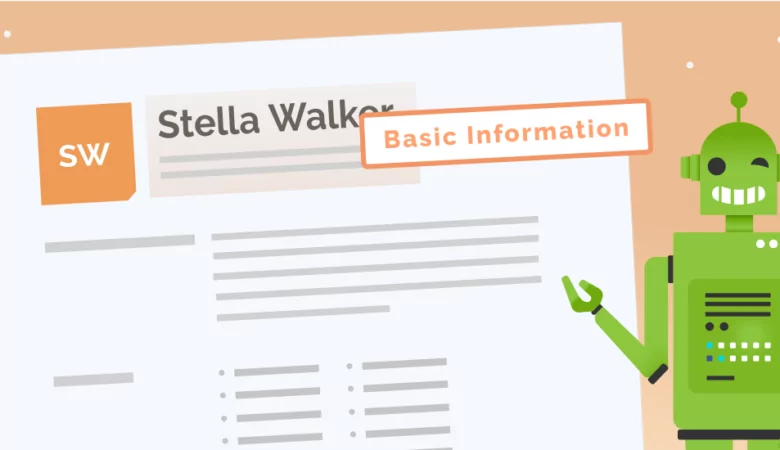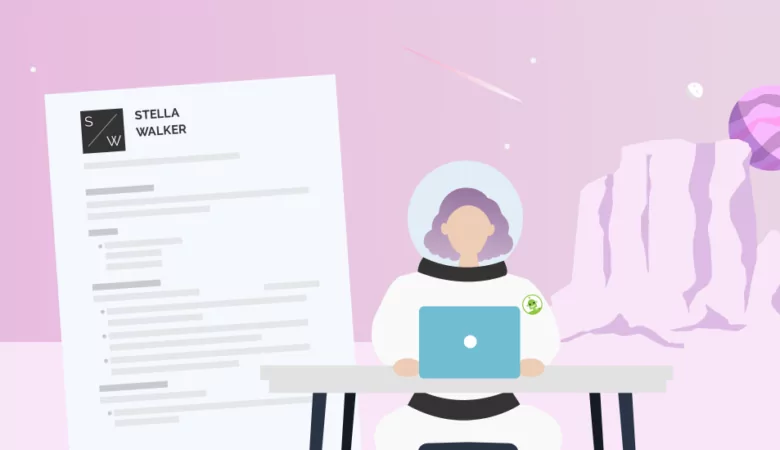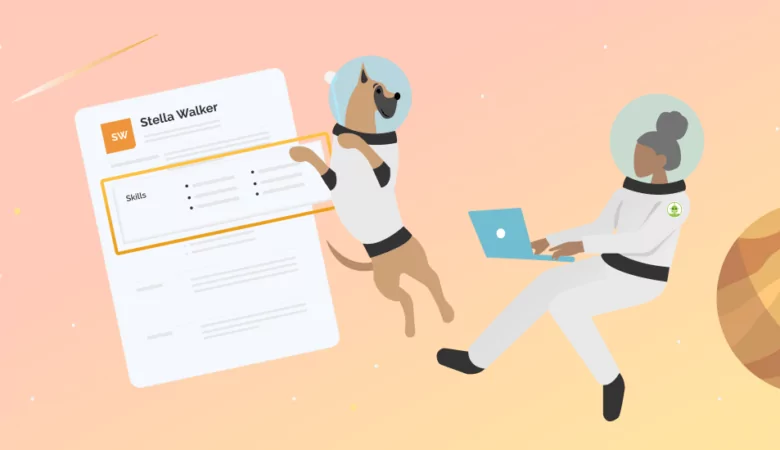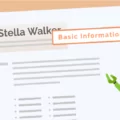What’s the best way to write a compelling resume as an engineering student? You can use tips from ResumeNerd to create a better engineering student resume.
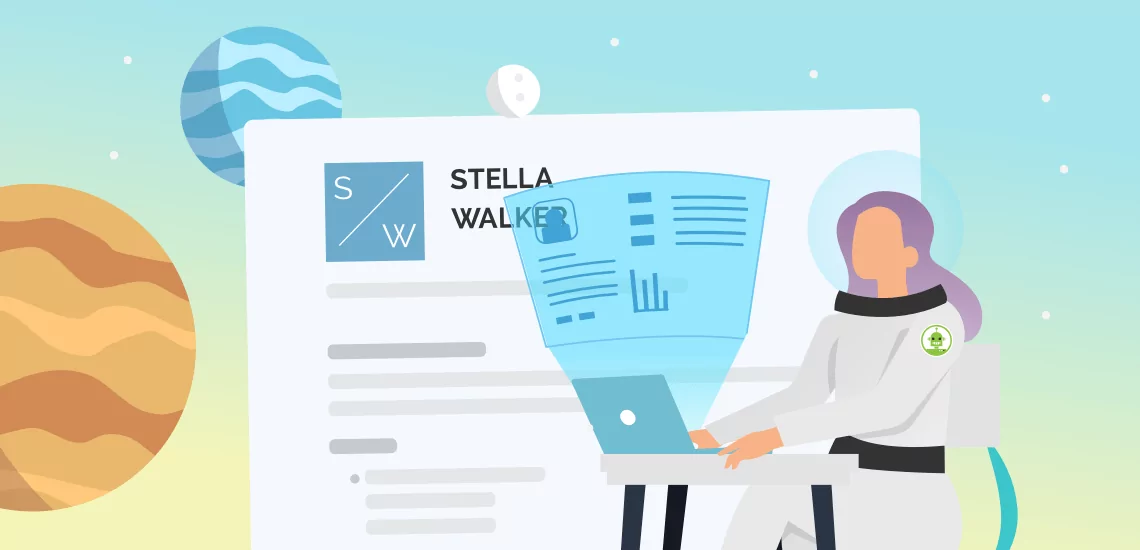
Stunning Engineering Student Resume Examples for This Year
Engineering Student Resume Examples
Engineering students have undergone plenty of training to ensure they have the right skills for their job field. You no doubt take pride in the amount of skill you have as an engineering student but how do you showcase those skills in your resume? Here’s how to make a recruiter look twice at your resume over everyone else’s.

What To Highlight in an Engineering Student Resume
The first point to remember is that there are many different types of engineering. You may need to narrow down your scope of engineering before you write your resume, structuring it for one of these engineering categories:
- Mechanical engineering
- Chemical engineering
- Computer engineering
- Civil engineering
- Software engineering
- Biomedical engineering
Once you know what engineering category you’re going into, it’s easier to find resume samples and write a more tailored resume.
Structure of an Engineering Student Resume
Your first step when writing a resume should be to check for the right resume format. The three resume formats are chronological, functional and combination. Many engineering students will use the functional resume but it’s important to do your research and choose an option that works well for you. From there, you can write the rest of your resume.
Header
In your header, you should include all your contact information, phone number, email address and any professional social media links, such as your LinkedIn.
Resume summary or objective
The two- to three-sentence paragraph at the top of your resume is your resume summary or objective. Most engineering students will use a resume objective, which concentrates on your skills, education and what you can bring to the table, along with an objective you’re hoping to accomplish.
Skills
An engineering resume needs to include both soft skills, generalized skills you bring with you to every job, and hard skills, which are the technical skills you specifically learned for engineering. These bullet points can help you show your engineering skills to a hiring manager.
- Engineering software (AutoCAD, MATLAB, Revit, SolidWorks)
- Prototyping
- Project management
- Computer programming languages (Java, HTML, C++)
- Microsoft Office Suite (Excel, Word, PowerPoint)
- Teamwork
- Problem-solving skills
Remember that you should match your skills to the application you’re putting in. Read through the job description to determine what skills you should showcase in your resume.
Work experience
You can list any relevant experience you have in the work experience section. This may include relevant coursework, experience as an engineering intern or any other engineering experiences you’ve had, whether paid or unpaid. List them in reverse-chronological order, with the most recent ones at the top.
Education
Your education section will likely be one of the strongest parts of your student resume. Most engineering students have a Bachelor of Science degree. You should include your school name, the location of the school and the years you were in school. Try to steer away from including your GPA and instead list awards, like the dean’s list. You can also list your certifications here.
Do’s and Don’ts for an Engineering Student Resume
Keeping these tips in mind will help you write your engineering student resume:
-
Do:
- Use action verbs when describing your skills. Action verbs turn passive skill lists into actionable experiences. For example, use “Designed a robotic arm to build medical devices,” instead of, “Responsible for building medical devices.”
- Before you write your resume, look for examples to see how other people write their resumes. You can find a wide variety of resume examples at ResumeNerd.
- Remember that academic achievements are just as impressive as achievements accomplished while working. Include your academic achievements in your resume.
-
Don’t:
- Add high school experience to your resume. To apply to engineering school, you’ll need a high school diploma or equivalent, so high school experience is just taking up space.
- Include skills that you’re only “okay” at. Your skills section should be a place for you to show off the skills you’re best at.
- Add basic computer skills to your resume skill list. Engineering students need advanced computer skills. Include as many specialized computer skills as you’re confident in.
FAQ: Engineering Student Resumes
A cover letter is an important part of all job applications, whether or not the application itself indicates that you need a cover letter. With a cover letter, you can express more about who you are, including specifics about achievements you accomplished as a student. Plus, it’s extremely easy to write one with the cover letter builder from ResumeNerd.
As an engineering student, you do have a lot of experience. It just might not be the type of experience you’re used to putting on a resume. While you might not have much work experience at an engineering job, entry-level jobs don’t require you to have decades of formal engineering experience. Include academic experience, volunteer experience and internship experience instead, and lean into the skills you possess.
Every time you apply for a new job, it’s important that you adapt your resume slightly to the new job description. You can do this by looking for resume keywords, these are specific skills and descriptors that a hiring manager puts in a job listing to indicate the type of applicant they’re looking for. By including those keywords in your resume, you can set yourself apart from other job seekers and create the perfect resume for every application.


